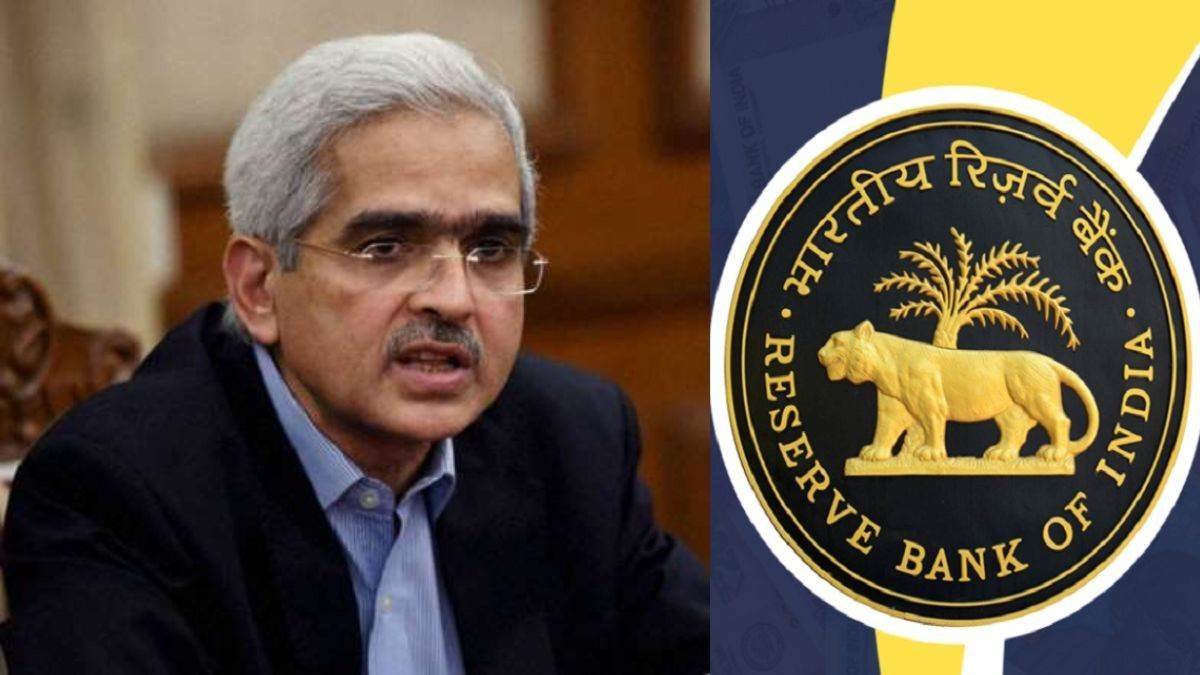The Reserve Bank of India (RBI) has recently introduced updated guidelines for Infrastructure Debt Fund-Non-Banking Financial Companies (IDF-NBFCs). These revisions aim to enhance the role of IDF-NBFCs in financing the infrastructure sector and to align the regulations governing infrastructure sector financing by Non-Banking Financial Companies (NBFCs). The review of these guidelines has been carried out in collaboration with the Government of India.
Enhanced Capital Requirements
-
Net Owned Fund (NOF) Requirement: Under the new guidelines, IDF-NBFCs are mandated to maintain a minimum Net Owned Fund (NOF) of Rs 300 crore. This measure ensures that these entities possess adequate financial strength to engage significantly in infrastructure financing.
-
Capital Adequacy (CRAR): The revised norms stipulate a Capital-to-Risk Weighted Assets Ratio (CRAR) of at least 15%, with a minimum Tier 1 capital of 10%. This capital adequacy requirement safeguards the financial stability of IDF-NBFCs as they channel funds into infrastructure projects.
Fundraising Mechanisms and Asset-Liability Management
-
Bond Issuance for Long-Term Financing: IDF-NBFCs are authorized to raise funds by issuing bonds denominated in either rupees or dollars with a minimum maturity of five years. This approach ensures a steady flow of long-term debt into infrastructure projects.
-
Flexibility in Short-Term Borrowings: To facilitate effective asset-liability management (ALM), IDF-NBFCs are allowed to raise funds through shorter tenor bonds and commercial papers (CPs) from the domestic market. This privilege is extended up to a limit of 10% of their total outstanding borrowings.
Change in Sponsorship Requirements
-
Sponsorship Reevaluation: Previously, an IDF-NBFC was required to have a sponsor, typically a bank or an NBFC-Infrastructure Finance Company (NBFC-IFC). However, the updated guidelines withdraw the mandatory sponsorship requirement.
-
Shareholder Scrutiny: Instead of sponsor-based scrutiny, shareholders of IDF-NBFCs will now be subjected to the same scrutiny process as applicable to other NBFCs, including NBFC-IFCs. This change ensures uniform regulatory oversight across the NBFC sector.
Expanded Eligibility for Sponsorship
- Eligibility for NBFCs to Sponsor IDF-MFs: The revised guidelines expand the eligibility of sponsors for Infrastructure Debt Fund-Mutual Funds (IDF-MFs). All NBFCs can now sponsor IDF-MFs, subject to prior approval from RBI and compliance with specific conditions.
Find More News Related to Banking



 Indian Olympic Medal Winners List Till N...
Indian Olympic Medal Winners List Till N...
 Who is the Inventor of the Gramophone?
Who is the Inventor of the Gramophone?
 HS Dhaliwal Appointed New DGP Of Andaman...
HS Dhaliwal Appointed New DGP Of Andaman...
